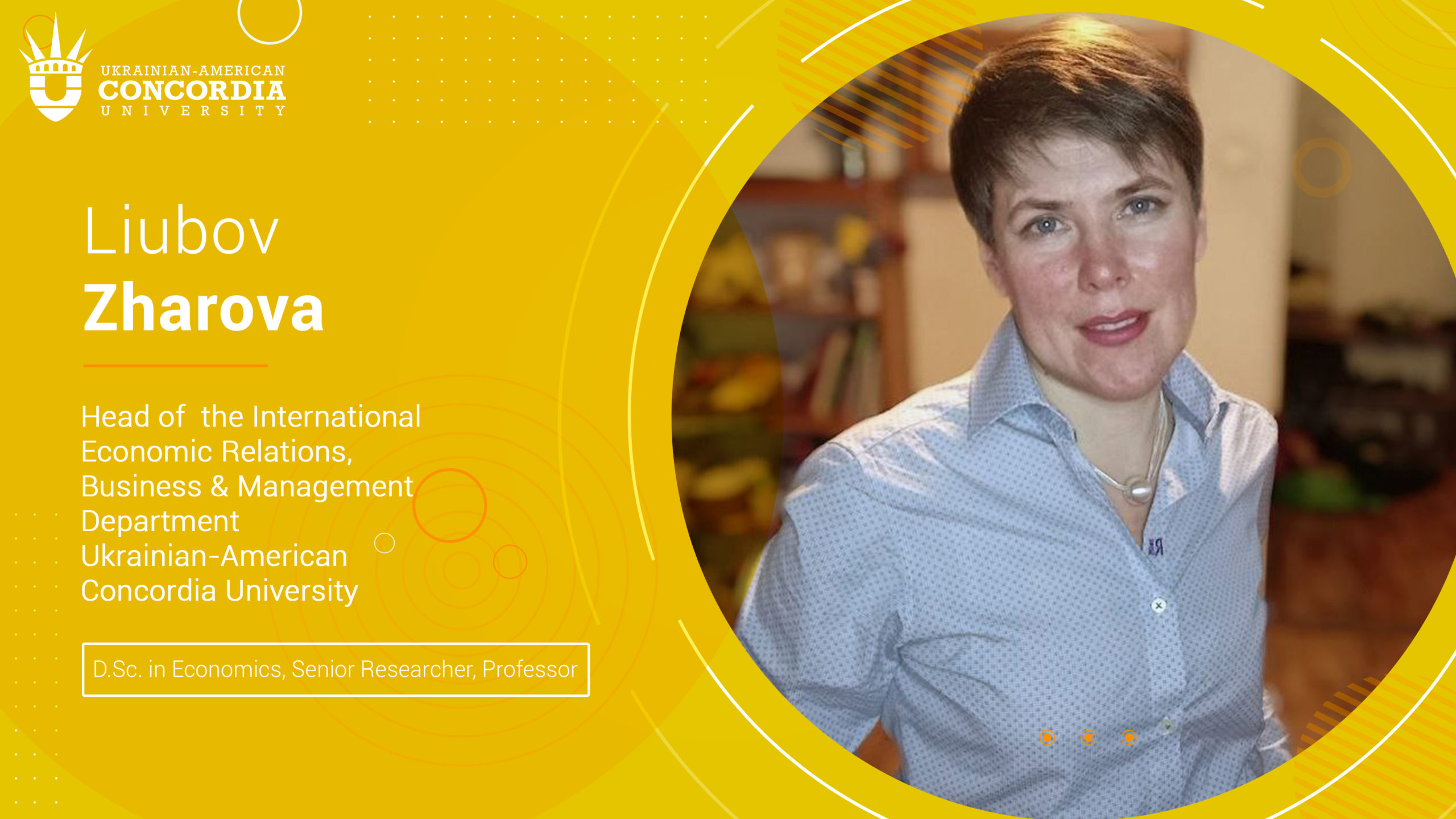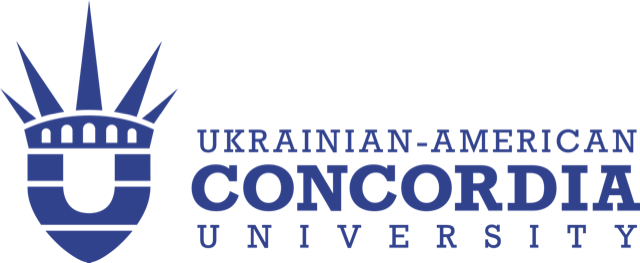Liubov Zharova, Ph.D., Professor, Head of the International Economic Relations, Business and Management Department, NAQA international expert:
“Students often gravitate toward inductive rather than deductive learning methods, meaning they learn better by examples. Therefore, using case studies and cases can be a very effective technique in the educational process. This technique is not new, but it is constantly developing. For now, we can say that the general approach involves students using their knowledge for specific situations. Formats vary, from the simple question “What would you do in this situation?” to a detailed description of the problem with accompanying data for analysis. Whether to use a simple scenario or a case complexity depends on the course’s objectives.
Notably, most case assignments require students to answer an open-ended question or develop a solution to an open-ended problem with several potential solutions. Requests can range from a one-paragraph response to a fully developed group action plan, proposal, or resolution.
Summarizing, among the elements of the cases, it is possible to distinguish:
- General description of the situation,
- Supporting data can range from data tables to links to URLs, images, video or audio, etc.
- Formulation of the task (one of the most critical parts because the correctness and clarity of the task will determine the result of the work),
- Recommendations for implementation – individually or in groups, for developing flexible skills.
In each case, it is necessary to fix the students’ attention on the problem and the purpose of the analysis, researching the context of the situation under consideration. It is essential not only to solve the case but also to determine how to apply these solutions in similar situations. Several case studies can also be offered so that students can identify both similarities and differences between the cases.
In conclusion, we note that one of the main advantages of learning through case studies is that students actively search for causal relationships and generalizations, abstracting from examples. It develops their skills and competencies:
- Problem-solving
- Search for appropriate tools (analytical, quantitative, or qualitative, depending on the case)
- Making decisions in situations with uncertainty,
- Work in conditions of uncertainty and time constraints,
- Using existing knowledge and skills in new combinations,
- Communication and teamwork.”

